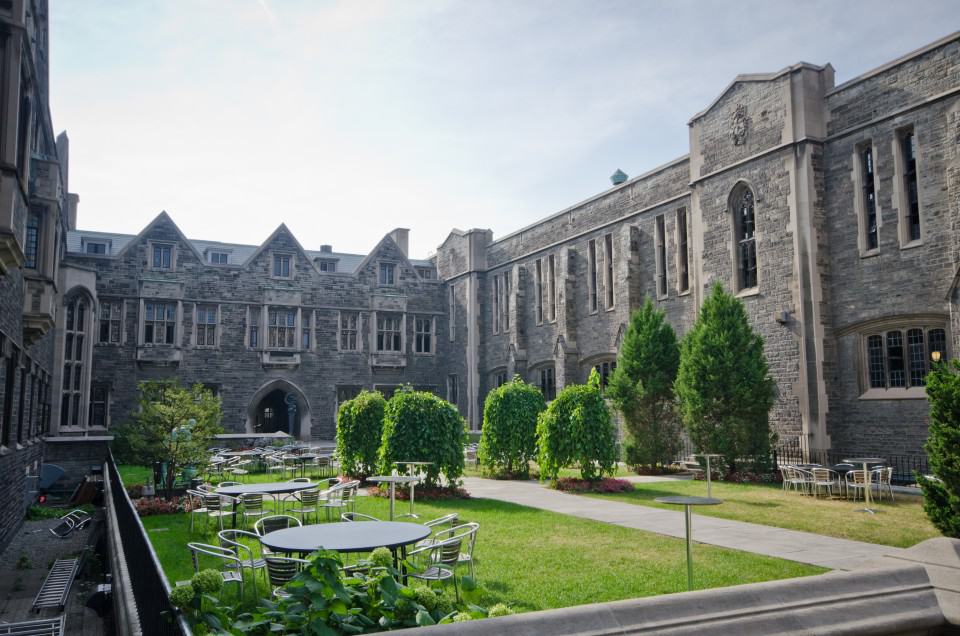Hart House will attempt to close a deficit of nearly half a million dollars this year, through a series of belt-tightening measures that will eliminate wasteful spending and prioritize maintenance of the historical building.
Student-run clubs and committees at Hart House will bear the brunt of the changes.
Along with an 18 per cent decrease in programming funds, amounting to around $67,000, student groups will also have limited access to the Marketing and Communications department. The department had previously helped student groups with promotional efforts such as poster design.
Bruce Kidd, the warden of Hart House, explains that the cuts are not as “savage” as they may initially appear.
When Hart House was running a deficit last year, clubs were allocated around $70,000 dollars more than they spent. “Those programs are such an important part of what we do in the house,” says Kidd.
Hart House also announced plans to reserve the West Wing, which includes the Music Room, Board Room, and North and South Sitting Rooms for bookings by non-Hart House groups.
The cuts to program funding and in-house resources come largely in response to the pressure from the Hart House Finance Committee, which has diverted funds towards building maintenance as a long-term financial priority.
The budget document claims that while Hart House previously “subsidized student programs by cutting back on maintenance,” the Finance Committee “insisted that [Hart House] increase the deferred and major reserve to a minimum of $600,000.” In addition, engineering consultants to the nearly 100-year-old building recommended $2,000,000 in annual spending to stay on top of major repairs.
“It’s been a public sector problem,” Kidd explained in a phone conversation. “When people are primarily interested in programming, they deal first with that and look to ongoing maintenance next.”
By “planning [the] use of space more carefully,” being “extremely cost-conscious,” and making “new efforts to generate more revenue,” Kidd hopes to close a deficit of $502,000 in one year.
Though the budget promises that the new revenue-focused Hart House will not limit student accessibility to the House in any significant way, some clubs and committees members remain unconvinced.
“I’m most concerned about having access to the West Wing rooms,” says Aaina Grover, a member of the Hart House Debate Club. “When we host tournaments, our club relies on some of those rooms. As students who pay tuition, we should have booking priority.”
“It’s an experiment, and we’re trying to measure the results of this experiment,” said Kidd. “Our hope is that it will increase outside business, because outside groups like to book a long time in advance, but that it won’t affect student groups, because student groups generally don’t book that far in advance.”
Despite some challenges, Kidd is confident that his somewhat experimental financial plan compliments his vision for Hart House.
“This is one of the most precious, favoured places in the city and we just face enormous demand,” he says. “This is a way of both dealing with our financial challenges and also using our space in an effective and productive.”


